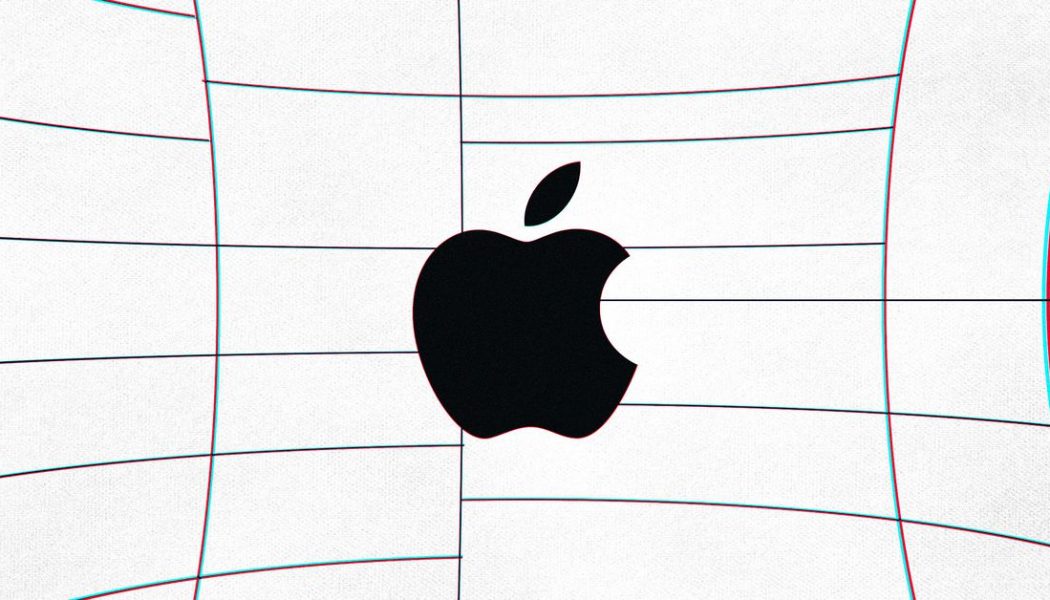
The European Commission will issue antitrust charges against Apple over concerns about the company’s App Store practices, according to a report from the Financial Times. The commission has been investigating whether Apple has broken EU competition rules with its App Store policies, following an initial complaint from Spotify back in 2019 over Apple’s 30 percent cut on subscriptions.
The European Commission opened up two antitrust investigations into Apple’s App Store and Apple Pay practices last year, and the Financial Times only mentions upcoming charges on the App Store case. It’s not clear yet what action will be taken.
Spotify has previously claimed Apple uses its App Store to stifle innovation and limit consumer choice in favor of its own Apple Music service. Rakuten filed a similar complaint to the EU last year, alleging that it’s anti-competitive for Apple to take a 30 percent commission on ebooks sold through the App Store while promoting its own Apple Books service.
Known as the “Apple tax,” this 30 percent cut has long been targeted by companies like Netflix and Spotify. Apple has defended its policies, arguing that the revenue it earns contributes toward the costs of maintaining the App Store and enforcing its content, privacy, and security guidelines.
Epic Games also filed an antitrust complaint with the EU earlier this year, as part of its ongoing dispute with Apple. The Fortnite developer has publicly criticized Apple’s App Store policies around distribution and payments, resulting in Epic attempting to circumvent Apple’s 30 percent cut on in-app purchases in Fortnite. Apple quickly removed the game from its App Store, and a legal battle is now in progress.
Despite Apple’s defense of its App Store, the iPhone-maker has already sought to ease pressure from regulators and developers with App Store policy changes over the past year. Apple now lets some video streaming apps bypass the App Store cut, and it has reduced its App Store commission rate to 15 percent for any developer that earns less than $1 million in annual revenue.
These changes alone haven’t been enough to ease the fears of EU regulators if the report from the Financial Times is accurate, and we’ll now find out later this week exactly how the European Union will respond to one of the United States’ biggest tech companies.










